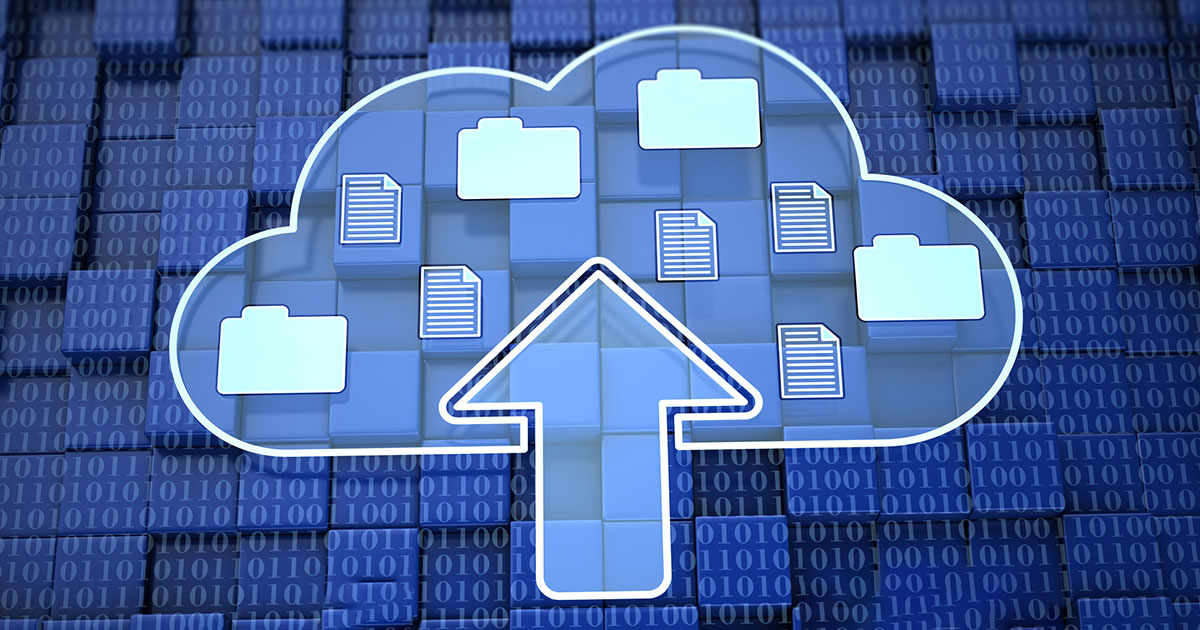
May 3, 2023 – In December 2022, CCAP (Consolidated Court Automation Programs) released an exhibits function that allows eFiling parties to pre-file hearing exhibits through the eFiling system. The function also enables clerks of circuit court, juvenile clerks, and registers in probate to more easily manage electronic exhibits.
The idea for the exhibits function originated during the COVID-19 pandemic when most court hearings were remote. Judges, clerks, attorneys, and litigants all reported that it was difficult to share and manage exhibits during remote court hearings, particularly for cases with many exhibits. The temporary solution was for parties to file exhibits electronically before the hearing, but this meant all exhibits appeared in the court record, regardless of whether they were actually used in court.
The new exhibits function allows exhibits to be electronically pre-filed without adding them to the court record until parties offer the exhibits during a hearing or trial. The function also improves clerk staff’s case management capabilities by allowing clerks to apply electronic exhibit stickers, designate exhibits as Offered, Denied, Received, or Withdrawn, and generate an automated exhibit list that is saved to the court record.
Electronic Exhibit Function Use
 Meg Sternitzky, U.W. 2020, is a legal advisor for the Wisconsin Office of Court Operations.
Meg Sternitzky, U.W. 2020, is a legal advisor for the Wisconsin Office of Court Operations.
The electronic exhibits function is not part of mandatory eFiling. eFiling parties are not required to submit exhibits to the court electronically, unless the court official orders otherwise. Parties should follow the court official’s directive on whether to electronically pre-file hearing exhibits or bring paper copies to court. If the court official directs parties to bring paper copies to court, to avoid duplicate entries of the exhibit in the court record, parties should not also file the exhibits electronically.
Types of Exhibits that Should be Filed Using the Electronic Exhibits Function
eFiling parties can electronically file hearing exhibits for cases with a current or future court activity scheduled. The electronic exhibits function should only be used to file exhibits that are intended to be offered to the court at a hearing or trial as evidence. This function should not be used to file exhibits that are attached to pleadings, such as motions, for support. Parties should continue to file the latter type of exhibit along with the motion or pleading, and not as a separate exhibit using the function.
Viewing Exhibits
Following submission, electronic exhibits are accessible only to clerk staff for processing. The court official and other parties on the case will not be able to view electronically-filed exhibits until the exhibit is offered by the parties in court and moved into “Offered” status by the clerk. Once the exhibit is offered, it is entered into the court record. At this point, court officials can view the exhibits in the Judicial Dashboard application and eFiling parties can view the exhibit using the eFiling system.
Parties will have to exchange exhibits using methods other than the eFiling system if the court official wants exhibits to be exchanged before the hearing or trial. Additionally, parties not participating in eFiling will have to continue to exchange exhibits using traditional methods since they will not be able to view offered exhibits through the eFiling system.
Additional Information
More detailed information for eFilers on the electronic exhibits feature can be found on the Circuit Court
eFiling website.
